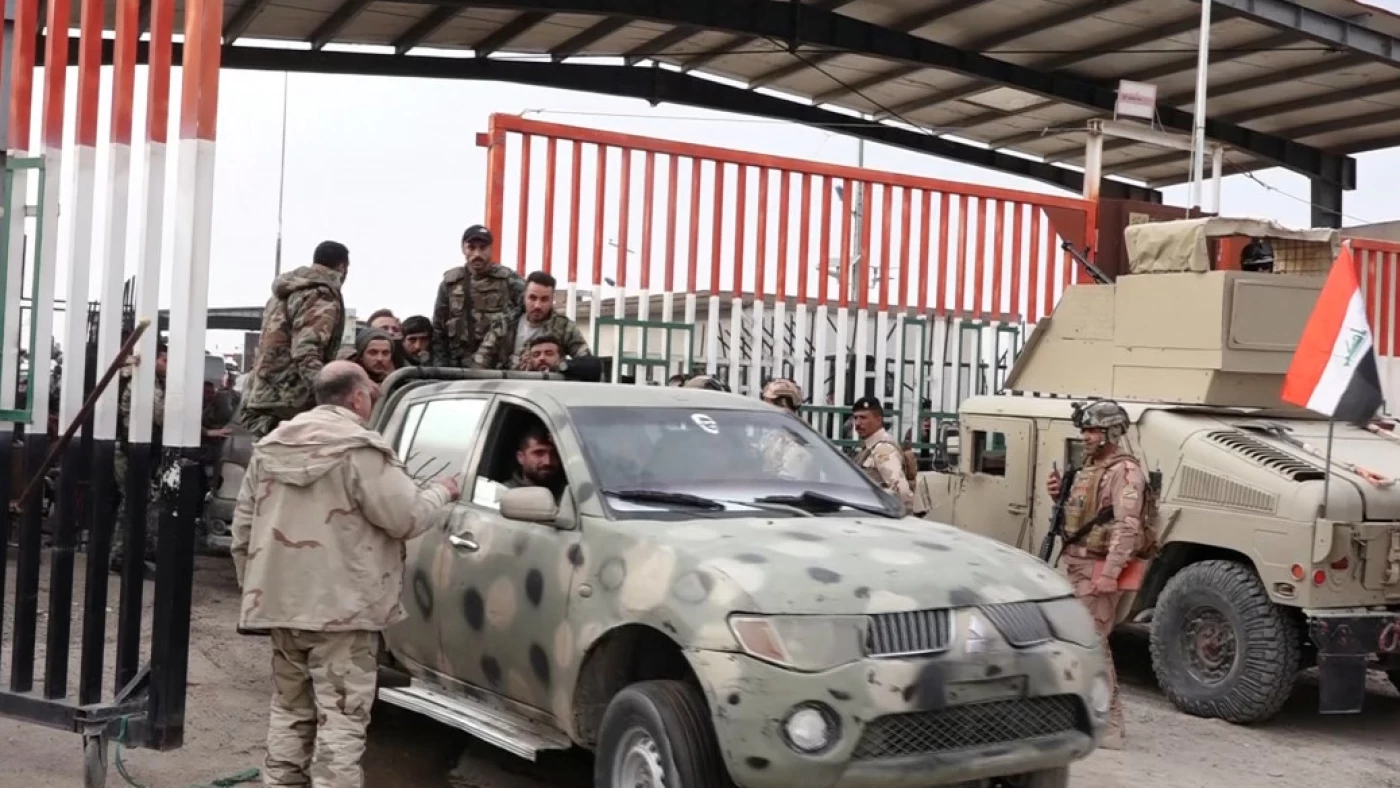ERBIL, Kurdistan Region of Iraq - The minister of defense of Iraq has said that 130 former Syrian army soldiers who have refused to return to their country have decided to stay in Iraq.
"They are in a military base,” Thabet al-Abbasi said in an interview with Saudi state-owned Al Arabiya channel on Tuesday.
Abbasi added Baghdad gave the soldiers a choice "between returning or staying.”
"We are seeking to find a legal status for Syrian army elements present in Iraq,” he added.
Soon after the Damascus regime's downfall, some 3,500 soldiers loyal to Assad fled to Iraq through the Al-Qaim border crossing.
Baghdad repatriated the majority of them in response to a request by Syria’s transitional government, which formally asked Iraq to hand over the soldiers.
Since the collapse of Assad, the new rulers in Damascus have called on soldiers and policemen to lay down arms and join the new authorities.
A late January conference proclaiming the victory of the Syrian revolution saw the appointment of Ahmed al-Sharaa as the interim President of Syria.
During the conference, a decision was made to dissolve the former regime’s army and armed factions, including the US-backed, Kurdish-led Syrian Democratic Forces (SDF) which controls the Kurdish enclave.
The Iraqi government, unlike many other regional and world countries, was a staunch supporter of the Assad regime and was reluctant at the beginning to build relations with the new Syrian administration but slowly moved toward establishing ties.
The new administration of Damascus has repeatedly stressed that they do not pose a threat to Iraq and its security and expressed their desire to develop strategic ties with Baghdad.
After weeks of hesitation, an Iraqi delegation, headed by Intelligence Service chief Hamid al-Shatri, visited Damascus in late December, meeting Sharaa.
Despite receiving an official invitation to visit Baghdad, the interim Syrian government has yet to decide on a date for its Foreign Minister Asaad al-Shaibani to visit Iraq.
Security, border control, counterterrorism, economy, and other issues are expected to be discussed when the Syrian foreign minister visits Baghdad.



 Facebook
Facebook
 LinkedIn
LinkedIn
 Telegram
Telegram
 X
X


